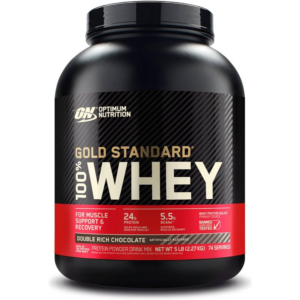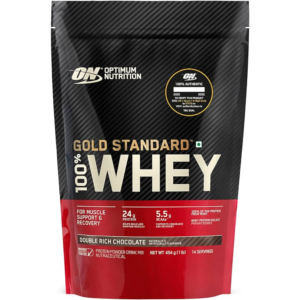CALCIUM + VITAMIN A + PROTIN
Calcium: Calcium is a mineral supplement that is used to treat and prevent low levels of calcium in the blood. It is also commonly used to support bone health and to prevent conditions such as osteoporosis.
The mechanism of action of calcium involves its role in normal body functions, including the development and maintenance of strong bones and teeth, nerve signaling, muscle contractions, and blood clotting. It is primarily absorbed through the small intestine and requires adequate levels of vitamin D to be effectively utilized by the body.
The dosage of calcium varies depending on the individual’s age, sex, and specific health needs. The recommended daily intake for adults is around 1,000 to 1,200 milligrams. It is important to note that calcium supplements are available in different forms, such as calcium carbonate and calcium citrate, and the dosage will depend on the specific formulation.
Some common side effects of calcium supplementation include constipation, bloating, gas, and stomach upset. These side effects can be minimized by taking the supplement with food. High doses of calcium can also increase the risk of kidney stones and may interfere with the absorption of other medications, such as iron and certain antibiotics.
It is advisable to consult with a healthcare provider before starting calcium supplementation, particularly for individuals with certain medical conditions, such as kidney disease or a history of hypercalcemia. Additionally, it is important to prioritize obtaining calcium from dietary sources whenever possible, as excessive calcium supplementation may have negative health effects.
Vitamin A: Vitamin A is an essential nutrient that plays a crucial role in maintaining proper vision, immune function, and healthy skin. It is a fat-soluble vitamin, which means that it can be stored in the body for a longer duration. The active form of vitamin A is called retinol, and it is found naturally in foods such as liver, dairy products, eggs, and certain fruits and vegetables.
Use: Vitamin A supplements are commonly used to treat and prevent vitamin A deficiency. It is especially important for individuals who have poor dietary intake or problems with the absorption of fats. It is also used in the treatment of certain medical conditions affecting the eyes, skin, and immune system, including night blindness, dry eyes, acne, and certain types of cancer.
Mechanism of Action: Vitamin A exerts its effects by binding to specific receptors in cells called retinoic acid receptors (RARs) and retinoid X receptors (RXRs). This binding activates gene transcription, leading to various biological processes such as cell growth and differentiation, regulation of immune responses, and maintenance of visual pigment in the retina.
Dose: The recommended daily allowance (RDA) for vitamin A varies depending on factors such as age, sex, and specific health conditions. Generally, the RDA for adults is 700-900 micrograms (mcg) for men and 600-700 mcg for women. It is important to follow the recommended dosage guidelines provided by healthcare professionals or stated on the supplement packaging.
Side Effects: While vitamin A deficiency can lead to significant health problems, excessive intake of vitamin A supplements can cause toxicity. This condition, referred to as hypervitaminosis A, can result in symptoms like nausea, drowsiness, dizziness, headache, hair loss, dry and itchy skin, bone abnormalities, and even liver damage. Pregnant women should be cautious as high doses of vitamin A can harm the developing fetus.
It is always recommended to consult with a healthcare professional before starting any vitamin A supplements, especially if you have any pre-existing medical conditions or are taking other medications, as they can interact with vitamin A.
Protin: Drug: Protin (generic name: Protein)
Description: Protin is a medication that contains a high concentration of proteins. It is commonly used as a nutritional supplement.
Use: Protin is mainly used to provide additional protein in the diet, especially for individuals with protein deficiency due to specific health conditions or those who require increased protein intake, such as athletes or individuals recovering from surgery.
Mechanism of Action: Protin works by supplying essential amino acids that are the building blocks of proteins. These amino acids are absorbed by the body and utilized for the synthesis of new proteins, which are vital for various physiological processes, including tissue repair, muscle synthesis, immune function, and enzymatic activity.
Dose: The recommended dose of Protin varies depending on the individual’s age, weight, and specific nutritional needs. It is typically taken orally as a powder mixed with liquid, such as water or milk. The dosage instructions provided by the manufacturer should be followed, or a healthcare professional can provide appropriate guidance.
Side Effects: Protin is generally considered safe when used as directed. However, some individuals may experience mild side effects, including gastrointestinal discomfort, bloating, or allergic reactions. It is important to monitor for any adverse reactions and consult a healthcare professional if necessary. Additionally, individuals with underlying medical conditions or allergies should inform their healthcare provider before starting Protin to ensure its suitability for use.


